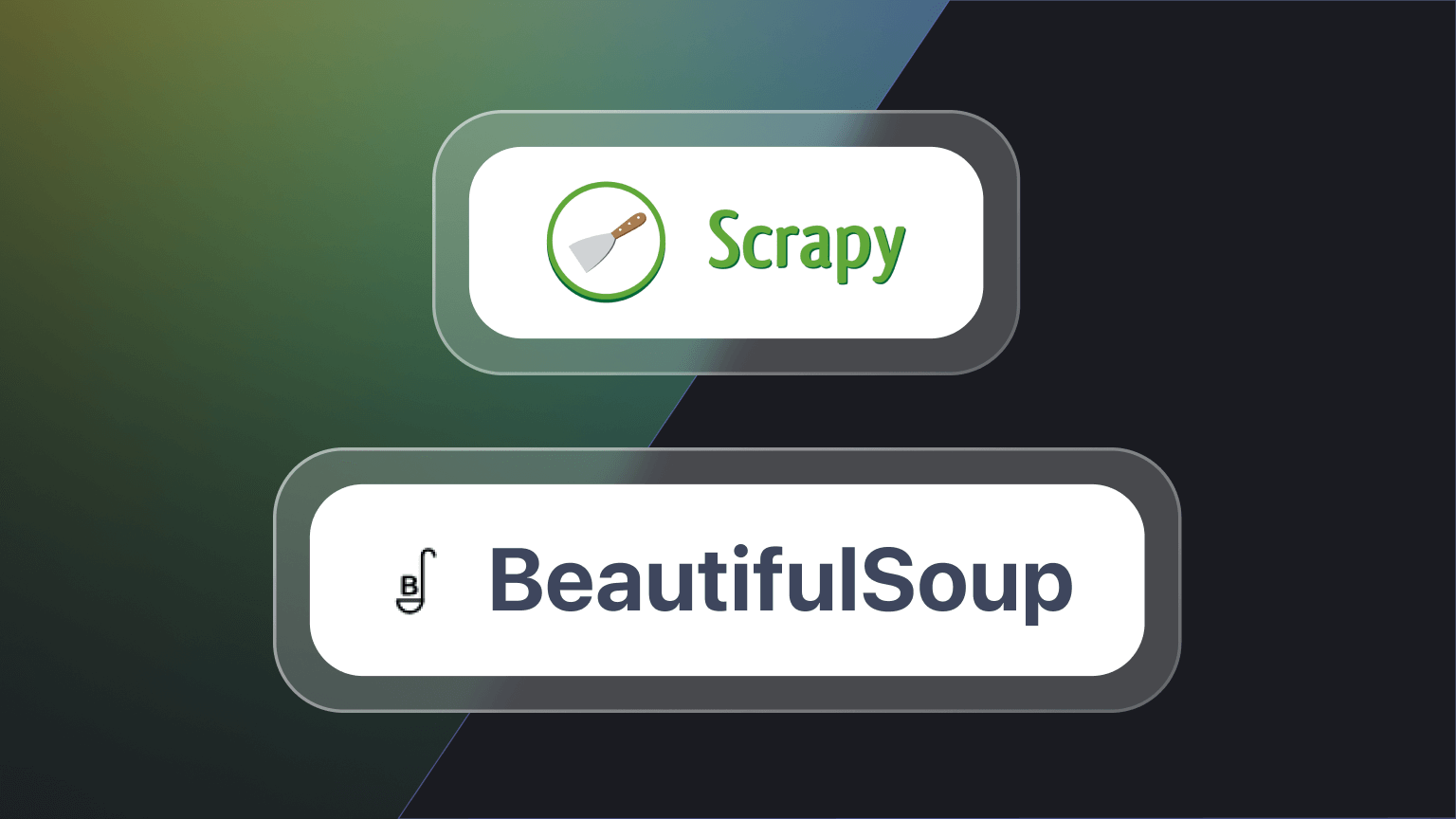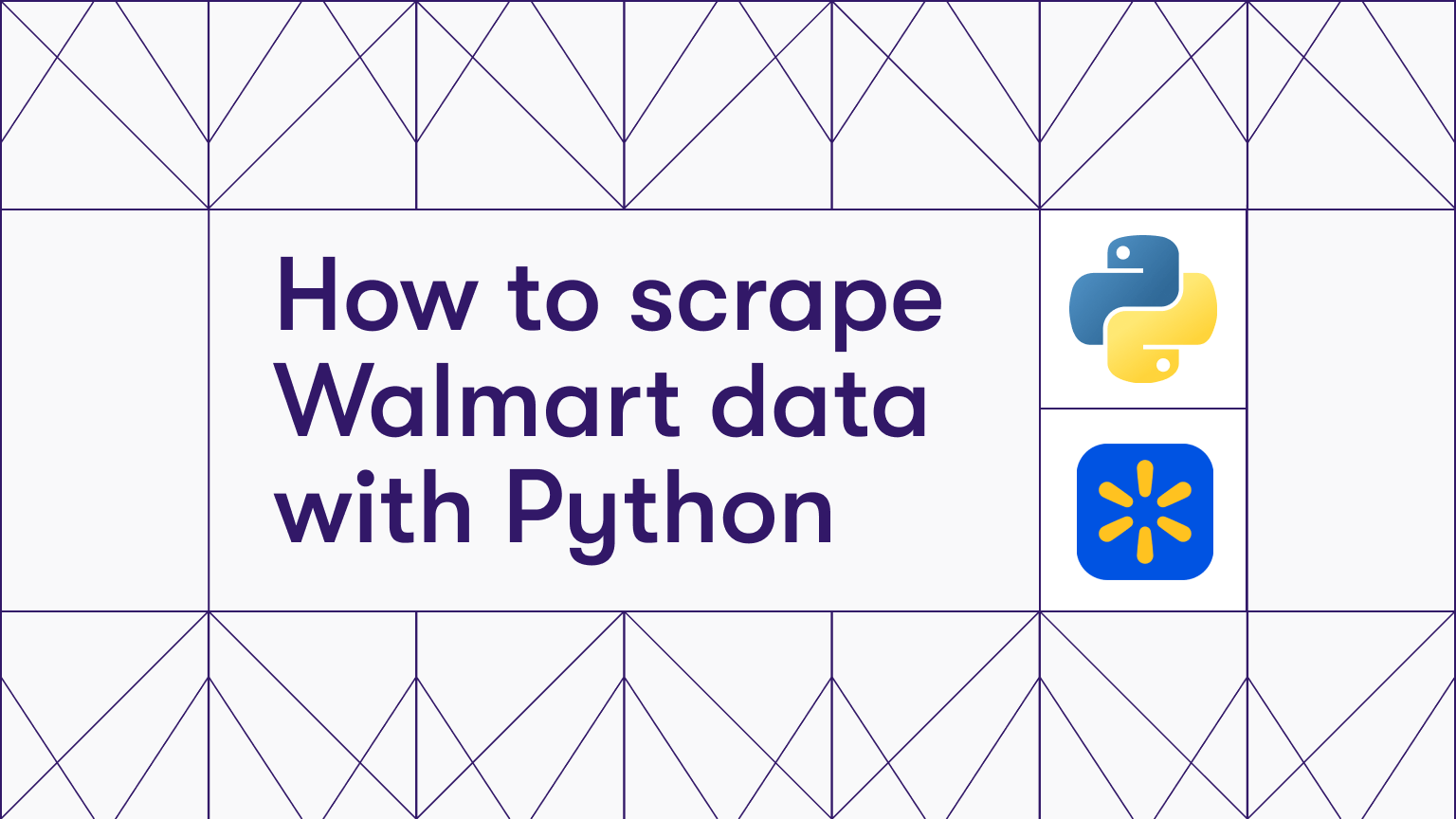If you need to collect web data, store it in one place, analyze it, visualize it, or do anything else meaningful with it, then you need to do web scraping.
Python is the most popular programming language for web scraping, largely due to the wide range of tools designed for different aspects of web data collection: data extraction, HTML parsing, and data analysis and visualization.
Whether you're a beginner or looking to sharpen your Python skills, these web scraping projects will help you build a solid foundation.
Here’s a list of 5 engaging and practical Python web scraping projects for beginners, along with the tools and tips you’ll need to handle them.
1. Scrape job listings from LinkedIn
If you need to scrape job listings, then LinkedIn data will help you stay updated on market trends, popular skills, and salary ranges.
While it's a practical project for job seekers, recruiters, and data enthusiasts, it's not without its challenges, especially if you're new to web scraping. You need to bypass LinkedIn's sophisticated anti-scraping measures. Exciting, right?
Recommended tools
- Apify CLI installed globally.
- A free Apify account for code templates, storage, and integrations.
- Beautiful Soup and HTTPX (you don't need to install these separately if you use the Apify Start with Python template).
How to get started
Get started by following our step-by-step guide on How to scrape LinkedIn with Python. This will show you how to use the above tools to get the job done.
2. Extract data from Wikipedia tables
Wikipedia's structured tables are gold mines for data projects. Scraping data from Wikipedia tables can help with educational projects, research, and data analysis. Plus, it's a fantastic way to practice your web scraping skills on a site with a consistent structure.
Recommended tools
- Pandas
- Beautiful Soup
- Mechanical Soup
How to get started
If HTML tables are all you're after, using Pandas is the easiest way to extract the data you need. Find out how to do it in this tutorial on scraping HTML tables with Python.
3. Scrape news headlines and summaries
Scraping news headlines allows you to build a personalized news aggregator. It can help you understand how a social movement gains momentum in the media or identify potential biases in coverage of a particular event.
Recommended tools
- Apify CLI installed globally.
- A free Apify account for code templates, storage, and integrations.
- Apify's Start with Python template (Beautiful Soup & HTTPX).
How to get started
How to build a web scraper for TechCrunch with Python will show you how to use the recommended tools above to build a scraper to extract headlines.
4. Collect real estate data
Scraping data in the real estate industry provides intelligence to improve market awareness, stay ahead of the competition, analyze market trends faster, and achieve greater business predictability.
Recommended tools
- Apify CLI installed globally.
- A free Apify account for code templates, storage, and integrations.
- Playwright (with Apify's Playwright + Chrome code template.
How to get started
What better way to start collecting real estate data than Zillow? Here's your step-by-step guide to scraping Zillow for real estate data.
5. Scrape social media data
X, the artist formerly known as Twitter, is one of the most popular social media platforms out there. Scraping it can provide valuable insights into trends, public opinion, and brand sentiment. Collecting and analyzing that data can help you understand what topics are trending and how people feel about different issues or monitor a brand’s reputation.
Recommended tools
- TwiKit
- Pandas
How to get started
This step-by-step guide shows you how to scrape X posts. It also includes an even easier option for scraping what were once called tweets, but I won't spoil the surprise for you. Check it out.
Which Python web scraping project will you choose?
That's plenty to get you started, but we may add more to the list as the year goes on.
And in case you have a very short memory, here's a recap of our 5 interesting Python web scraping project ideas so far:
- 1. Scrape job listings from LinkedIn
- 2. Extract data from Wikipedia tables
- 3. Scrape news headlines & summaries
- 4. Collect real estate data
- 5. Scrape social media data
Take your pick, and have fun!







